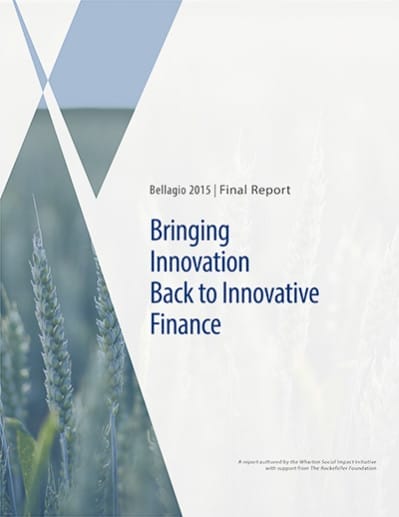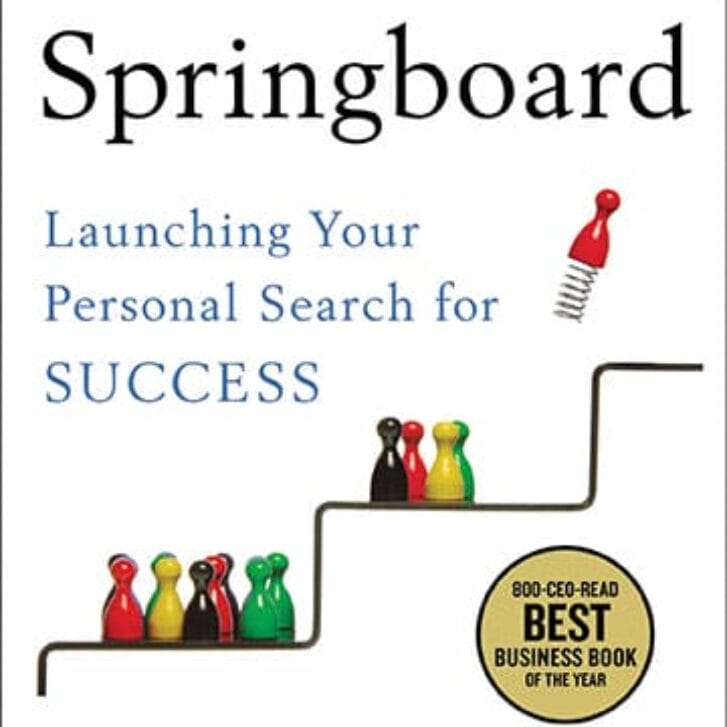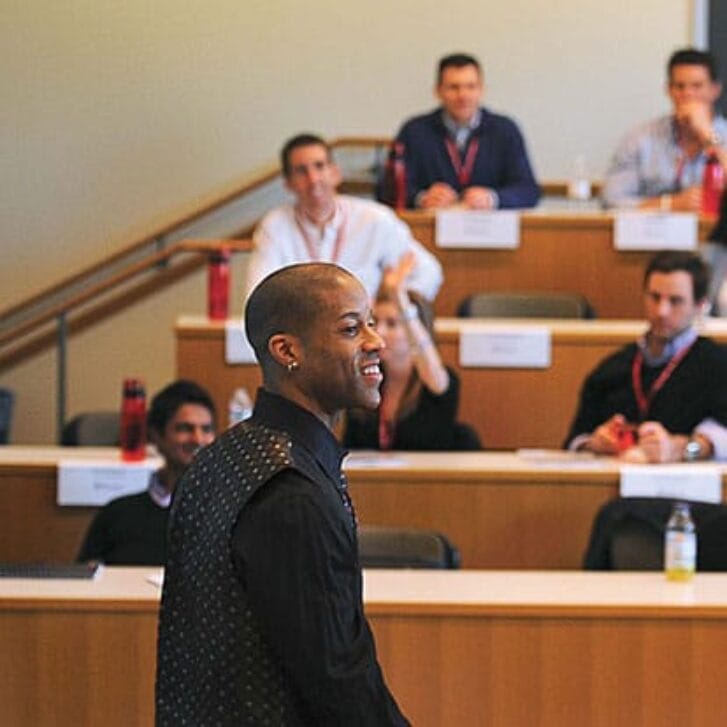Just last fall, nearly 193 countries adopted the Sustainable Development Goals (SDGs), a set of 17 objectives to eradicate extreme poverty, slow climate change, and reduce inequality and injustice around the world by 2030.
Varied and ambitious, the SDGs provide a framework to tackle diverse environmental and social challenges ranging from oceans to hunger and education to clean energy. Combine the SDGs with last month’s signing of the Paris Climate Agreement, and it looks like the international community is facing quite a daunting to do list.
At a time when the social and environmental demands of society far outpace the public and philanthropic sectors’ capacities to respond, business is poised to play an unprecedented role in driving innovation, growth, and social progress.
For example, did you know that some estimates place the price tag for achieving the SDG’s at $3.9 trillion per year? Who’s picking up the bill? Even if you combine global aid, philanthropy, and public expenditures, existing resources fall far short of what’s necessary to achieve the goals. Filling this financing gap will require both innovation and commitment, and the Wharton Social Impact Initiative is bringing Wharton’s analytical DNA to the challenge.
Wharton’s disciplined, data-driven approach to innovation challenges the status quo and turns fledgling concepts into strong, enduring and sustainable strategies for greater impact. That’s why we’ve worked with The Rockefeller Foundation over the last year to explore innovative strategies to finance the Sustainable Development Goals— or in short, to grow the field of “innovative finance.”
Innovative finance refers to new mechanisms and approaches to harness private sector capital for addressing the world’s key social, economic, and environmental problems.
In April 2015, we traveled to the Rockefeller Foundation’s Bellagio Center in Italy to brainstorm with leaders from the worlds of finance, international development, philanthropy, and academia. Our report Bringing Innovation Back to Innovative Finance summarizes our discussions and highlights successful strategies to unleash capital, create positive economic returns, and achieve strategic social impact goals around the world.
We’re already encouraged by the early work on the SDGs from across Wharton and Penn and continue to look for opportunities to drive innovation and impact.
As part of our collaboration with the Foundation, we will release a special report on innovative finance with Knowledge@Wharton later this summer. In it, we will highlight innovative finance pioneers and projects underway. Look for more details in June.
Editor’s note: This article was originally published by the Wharton Social Impact Initiative on May 2, 2016.


























